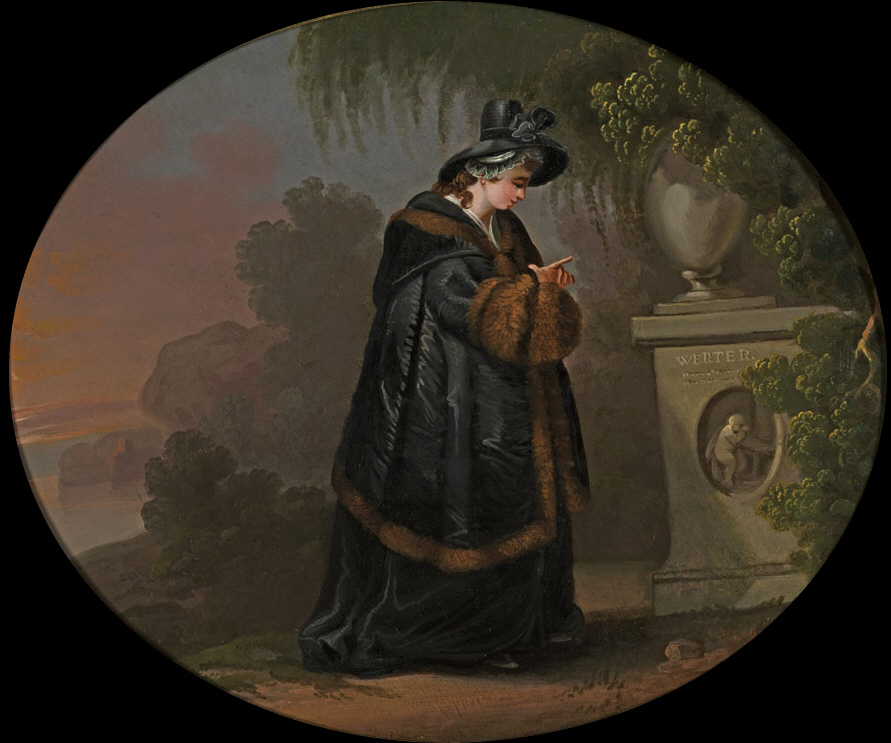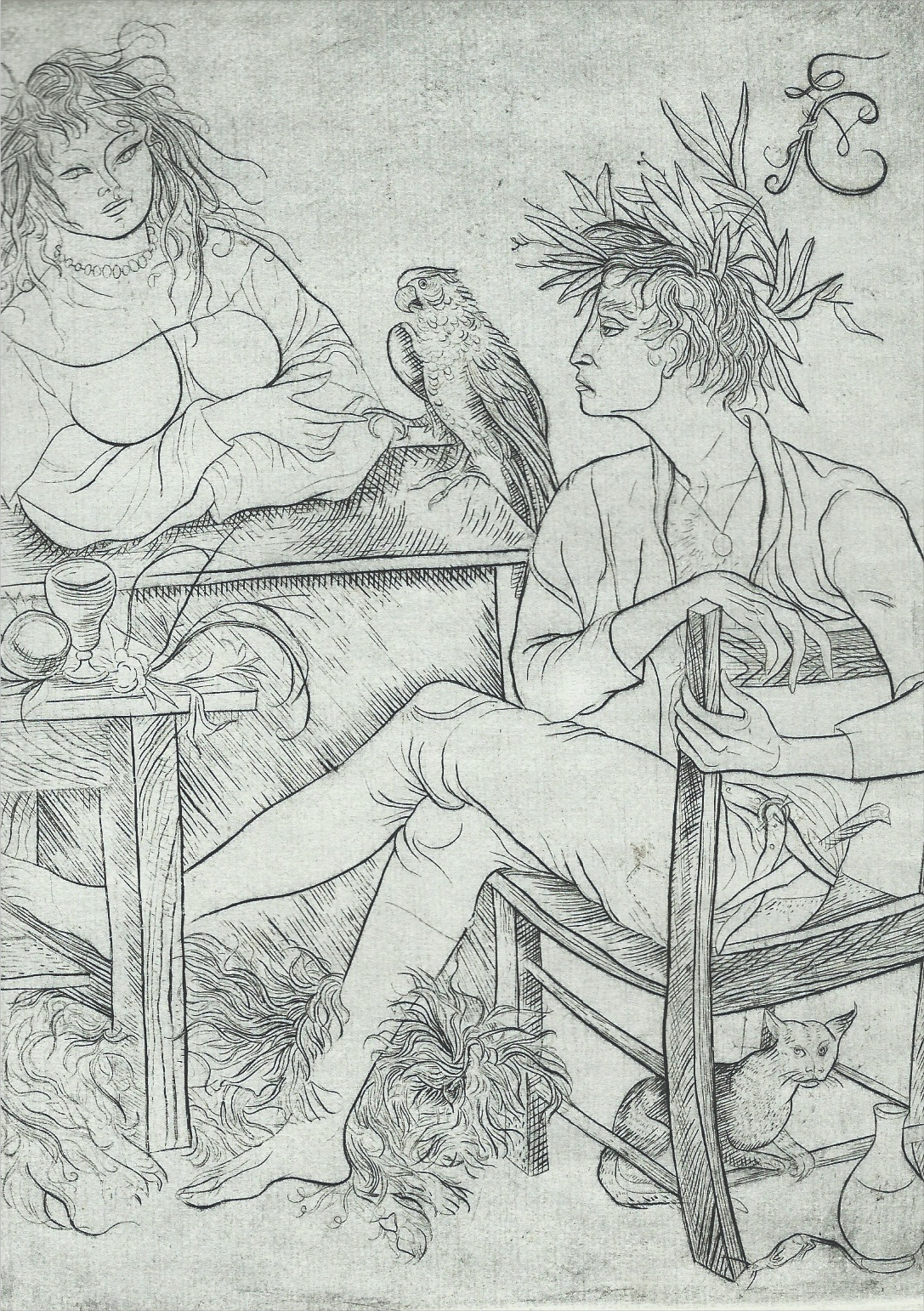|
Lőrinc Szabó
Lőrinc Szabó de Gáborján ( hu, gáborjáni Szabó Lőrinc ; Miskolc, 31 March 1900 – Budapest, 3 October 1957) was a Hungarian poet and literary translator. Biography He was born in Miskolc as the son of an engine driver, Lőrinc Szabó sr., and Ilona Panyiczky. The family moved to Balassagyarmat when he was 3 years old. He attended school in Balassagyarmat and Debrecen. He studied at the ELTE in Budapest where he befriended Mihály Babits. He didn't finish his studies; instead he began to work for the literary periodical ''Az Est'' in 1921, shortly after he married Klára Mikes, the daughter of Lajos Mikes. He worked there until 1944. Between 1927 and 1928 he was a founder and editor of the periodical ''Pandora''. His first published poems appeared in the 1920s in the ''Nyugat'' ("The West"). His first book of poetry was published in 1922 under the title ''Föld, erdő, Isten'' ("Earth, Forest, God") and received considerable success. He got the Baumgarten Award i ... [...More Info...] [...Related Items...] OR: [Wikipedia] [Google] [Baidu] |
Samuel Taylor Coleridge
Samuel Taylor Coleridge (; 21 October 177225 July 1834) was an English poet, literary critic, philosopher, and theologian who, with his friend William Wordsworth, was a founder of the Romantic Movement in England and a member of the Lake Poets. He also shared volumes and collaborated with Charles Lamb, Robert Southey, and Charles Lloyd. He wrote the poems ''The Rime of the Ancient Mariner'' and ''Kubla Khan'', as well as the major prose work ''Biographia Literaria''. His critical work, especially on William Shakespeare, was highly influential, and he helped introduce German idealist philosophy to English-speaking cultures. Coleridge coined many familiar words and phrases, including "suspension of disbelief". He had a major influence on Ralph Waldo Emerson and American transcendentalism. Throughout his adult life, Coleridge had crippling bouts of anxiety and depression; it has been speculated that he had bipolar disorder, which had not been defined during his lifetime.Jamis ... [...More Info...] [...Related Items...] OR: [Wikipedia] [Google] [Baidu] |
Thomas Hardy
Thomas Hardy (2 June 1840 – 11 January 1928) was an English novelist and poet. A Victorian realist in the tradition of George Eliot, he was influenced both in his novels and in his poetry by Romanticism, including the poetry of William Wordsworth. He was highly critical of much in Victorian society, especially on the declining status of rural people in Britain, such as those from his native South West England. While Hardy wrote poetry throughout his life and regarded himself primarily as a poet, his first collection was not published until 1898. Initially, he gained fame as the author of novels such as '' Far from the Madding Crowd'' (1874), ''The Mayor of Casterbridge'' (1886), '' Tess of the d'Urbervilles'' (1891), and ''Jude the Obscure'' (1895). During his lifetime, Hardy's poetry was acclaimed by younger poets (particularly the Georgians) who viewed him as a mentor. After his death his poems were lauded by Ezra Pound, W. H. Auden and Philip Larkin. Many of his novels ... [...More Info...] [...Related Items...] OR: [Wikipedia] [Google] [Baidu] |
The Sorrows Of Young Werther
''The Sorrows of Young Werther'' (; german: Die Leiden des jungen Werthers) is a 1774 epistolary novel by Johann Wolfgang von Goethe, Johann Wolfgang Goethe, which appeared as a revised edition in 1787. It was one of the main novels in the ''Sturm und Drang'' period in German literature, and influenced the later Romanticism, Romantic movement. Goethe, aged 24 at the time, finished ''Werther'' in five and a half weeks of intensive writing in January to March 1774. It instantly placed him among the foremost international literary celebrities and was among the best known of his works. Plot summary Most of ''The Sorrows of Young Werther'', a story about a young man's extreme response to unrequited love, is presented as a collection of letters written by Werther, a young artist of a sensitive and passionate temperament, to his friend Wilhelm. These give an intimate account of his stay in the fictional village of Wahlheim (based on , near Wetzlar), whose peasants have enchanted him with ... [...More Info...] [...Related Items...] OR: [Wikipedia] [Google] [Baidu] |
Johann Wolfgang Goethe
Johann Wolfgang von Goethe (28 August 1749 – 22 March 1832) was a German poet, playwright, novelist, scientist, statesman, theatre director, and critic. His works include plays, poetry, literature, and aesthetic criticism, as well as treatises on botany, anatomy, and colour. He is widely regarded as the greatest and most influential writer in the German language, his work having a profound and wide-ranging influence on Western literary, political, and philosophical thought from the late 18th century to the present day.. Goethe took up residence in Weimar in November 1775 following the success of his first novel, ''The Sorrows of Young Werther'' (1774). He was ennobled by the Duke of Saxe-Weimar, Karl August, in 1782. Goethe was an early participant in the ''Sturm und Drang'' literary movement. During his first ten years in Weimar, Goethe became a member of the Duke's privy council (1776–1785), sat on the war and highway commissions, oversaw the reopening of silver mines in ... [...More Info...] [...Related Items...] OR: [Wikipedia] [Google] [Baidu] |
L'École Des Femmes
''The School for Wives'' (french: L'école des femmes; ) is a theatrical comedy written by the seventeenth century French playwright Molière and considered by some critics to be one of his finest achievements. It was first staged at the Palais Royal theatre on 26 December 1662 for the brother of the King. The play depicts a character who is so intimidated by femininity that he resolves to marry his young, naïve ward and proceeds to make clumsy advances to this purpose. It raised some outcry from the public and established Molière as a bold playwright who would not be afraid to write about controversial issues. In June 1663, the playwright cunningly responded to the uproar with another piece entitled ''La Critique de L'École des femmes'', which provided some insight into his unique style of comedy. Characters and scene Its characters include: *Arnolphe: also known as ''Monsieur de la Souche'' *Agnès: an innocent young girl, Arnolphe's ward *Horace: Agnès's lover, Oronte's ... [...More Info...] [...Related Items...] OR: [Wikipedia] [Google] [Baidu] |
Molière
Jean-Baptiste Poquelin (, ; 15 January 1622 (baptised) – 17 February 1673), known by his stage name Molière (, , ), was a French playwright, actor, and poet, widely regarded as one of the greatest writers in the French language and world literature. His extant works include comedies, farces, tragicomedies, comédie-ballets, and more. His plays have been translated into every major living language and are performed at the Comédie-Française more often than those of any other playwright today. His influence is such that the French language is often referred to as the "language of Molière". Born into a prosperous family and having studied at the Collège de Clermont (now Lycée Louis-le-Grand), Molière was well suited to begin a life in the theatre. Thirteen years as an itinerant actor helped him polish his comedic abilities while he began writing, combining Commedia dell'arte elements with the more refined French comedy. Through the patronage of aristocrats including ... [...More Info...] [...Related Items...] OR: [Wikipedia] [Google] [Baidu] |
Grand Testament
Grand may refer to: People with the name * Grand (surname) * Grand L. Bush (born 1955), American actor * Grand Mixer DXT, American turntablist * Grand Puba (born 1966), American rapper Places * Grand, Oklahoma * Grand, Vosges, village and commune in France with Gallo-Roman amphitheatre * Grand Concourse (other), several places * Grand County (other), several places * Grand Geyser, Upper Geyser Basin of Yellowstone * Grand Rounds National Scenic Byway, a parkway system in Minneapolis, Minnesota, United States * Le Grand, California, census-designated place * Grand Staircase, a place in the US. Arts, entertainment, and media * ''Grand'' (Erin McKeown album), 2003 * ''Grand'' (Matt and Kim album), 2009 * ''Grand'' (magazine), a lifestyle magazine related to related to grandparents * ''Grand'' (TV series), American sitcom, 1990 * Grand piano, musical instrument * Grand Production, Serbian record label company * The Grand Tour, a new British automobile show O ... [...More Info...] [...Related Items...] OR: [Wikipedia] [Google] [Baidu] |
François Villon
François Villon (Modern French: , ; – after 1463) is the best known French poet of the Late Middle Ages. He was involved in criminal behavior and had multiple encounters with law enforcement authorities. Villon wrote about some of these experiences in his poems. Biography Birth Villon was born in Paris in 1431. One source gives the date as .Charpier 1958, "1er avril 1431 (vieux style) ou 19 avril 1432 (nouveau style) : naissance à Paris, de ''François de Montcorbier'', alias ''des Loges'', qui deviendra François Villon pril 1, 1431 (old style) or April 19, 1432 (new style): birth in Paris of ''François de Montcorbier'', alias ''des Loges'', who would become François Villon Early life Villon's real name may have been François de Montcorbier or François des Loges: both of these names appear in official documents drawn up in Villon's lifetime. In his own work, however, Villon is the only name the poet used, and he mentions it frequently in his work. His t ... [...More Info...] [...Related Items...] OR: [Wikipedia] [Google] [Baidu] |
Árpád Tóth
Árpád Tóth (14 April 1886 – 7 November 1928) was a Hungarian poet and translator. Tóth went to Gymnasium (high school) in Debrecen and then studied German and Hungarian at the University of Budapest. In 1907, his poems began to appear in the papers A Hét and Vasárnapi Újság and after 1908 in Nyugat. In 1911, he became a theater critic for the paper Debreceni Nagy Újság. In 1913, he became a tutor to a wealthy family and received a little income from writing but still lived in poverty. Tuberculosis led him to rest at the Svedlér Sanitorium in the Tatra Mountains. During the period of the revolutionary government after World War I, he became secretary of the Vörösmarty Academy, but lost the position and couldn't find new work after the government's fall. He remained poor and sick with tuberculosis for the rest of his life, succumbing to the disease in Budapest in 1928. His prolonged suffering led him to consider suicide at one point – although he did jo ... [...More Info...] [...Related Items...] OR: [Wikipedia] [Google] [Baidu] |
Les Fleurs Du Mal
''Les Fleurs du mal'' (; en, The Flowers of Evil, italic=yes) is a volume of French poetry by Charles Baudelaire. ''Les Fleurs du mal'' includes nearly all Baudelaire's poetry, written from 1840 until his death in August 1867. First published in 1857, it was important in the symbolist —including painting— and modernist movements. Though it was extremely controversial upon publication, with six of its poems censored due to their immorality, it is now considered a major work of French poetry. The poems in ''Les Fleurs du mal'' frequently break with tradition, using suggestive images and unusual forms. They deal with themes relating to decadence and eroticism, particularly focusing on suffering and its relationship to original sin, disgust toward evil and oneself, obsession with death, and aspiration toward an ideal world. Les Fleurs du mal had a powerful influence on several notable French poets, including Paul Verlaine, Arthur Rimbaud, and Stéphane Mallarmé. Overview ... [...More Info...] [...Related Items...] OR: [Wikipedia] [Google] [Baidu] |
%2C_Portrait_miniature%2C1809.jpg)




.jpg)

